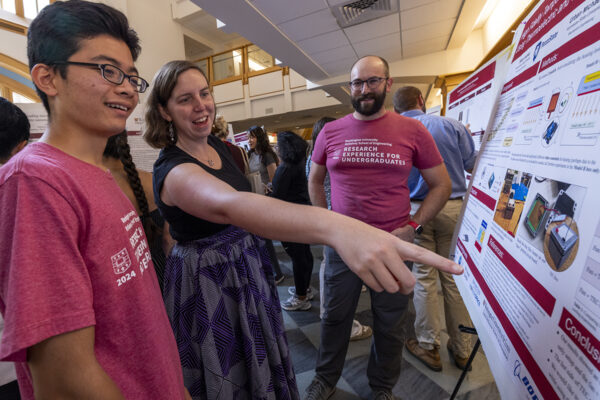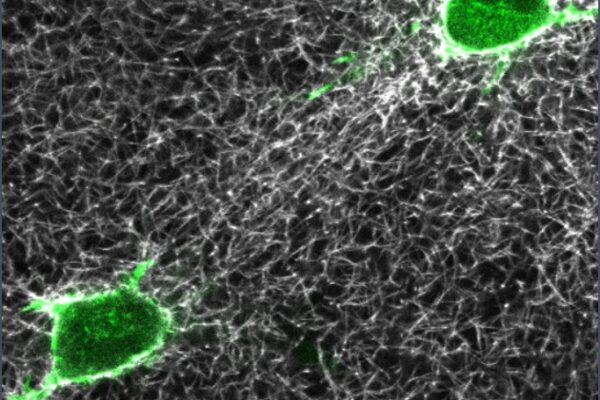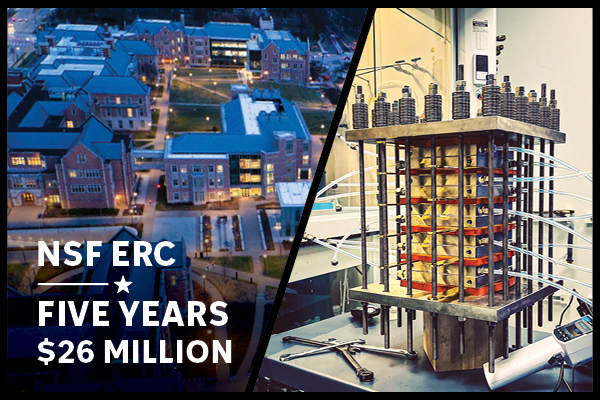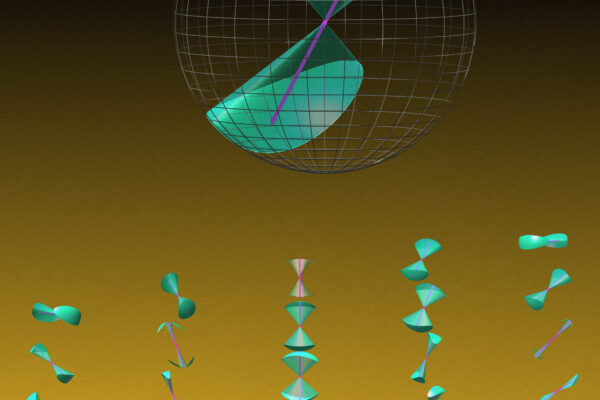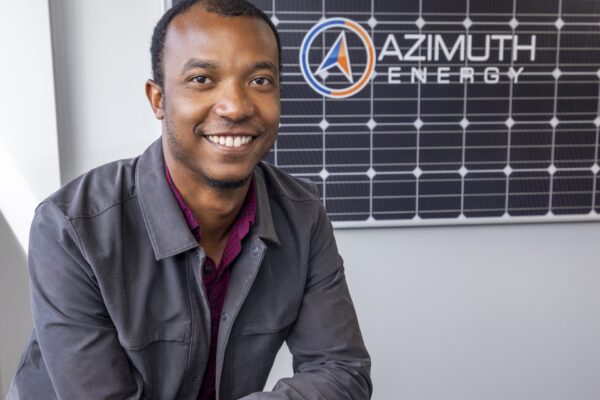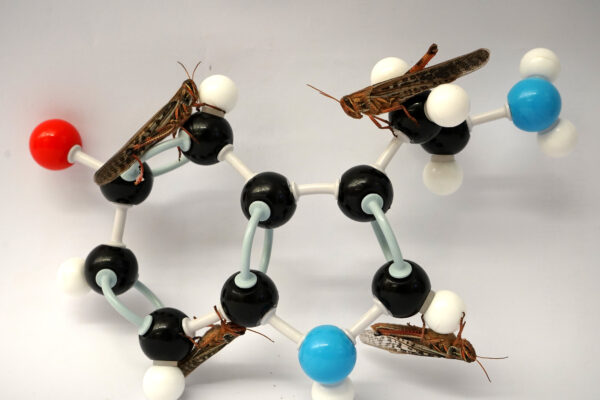WashU scientists uncover hidden source of snow melt: dark brown carbon
Researchers at the McKelvey School of Engineering are the first to quantify the effect of dark brown carbon on snow melt.
Janie Brennan
Trained as an engineer, Janie Brennan, a senior lecturer at the WashU McKelvey School of Engineering, now builds courses instead of machines. She’s using her classroom to peel away systemic and cultural barriers to engineering.
Consistency, trustworthiness in large language models goal of new research
A computer scientist at Washington University has received funding from Google to improve grounding in large language models.
Researchers take cue from vibes of elephants, spiders
A team of researchers that includes scientists from Washington University have received $1.5 million grant from the Human Frontier Science Program to study a potentially transformative new mode of cell-to-cell communication.
WashU to lead $26 million decarbonization initiative
A collaboration of universities and industry, led by the McKelvey School of Engineering at Washington University, is embarking on a bold plan to transform manufacturing toward zero or negative emissions by converting carbon dioxide into environmentally friendly chemicals and products that create a circular economy.
Wobbly molecules get a closer look
Microscopy engineers at Washington University model how molecules move to enhance understanding of nanoscale biological systems.
Humans change their own behavior when training AI
Researchers from multiple disciplines at Washington University teamed up to study how human behavior changes when training artificial intelligence.
Competitive energy
Alumnus Deko Devins is on a mission to make solar power more widespread, affordable and accessible.
Studying how serotonin alters locust’s sense of smell
Researchers at Washington University studied the role of serotonin in altering odor-driven behavioral and neural responses in locusts.
Rethinking the waste in water
Young-Shin Jun and her team at the McKelvey School of Engineering see untapped resources in the chemical compounds in highly saline wastewater.
View More Stories

